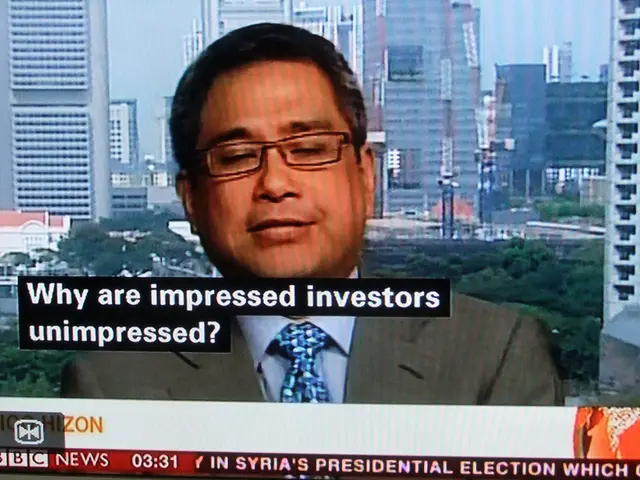The Impact of Extractive Industries on Colombia's Pacific Region
In the underdeveloped city of Quibdó, located in Colombia's Chocó department, foreign investments are reshaping the landscape, bringing both opportunities and challenges.
The growth of Chinese imports of metals for construction materials, which began in 1990 and increased significantly between 2003 and 2011, has been a key factor in the region's exports since 2012. However, it's important to note that precious metals such as gold, essential in the manufacture of high-tech products like smartphones, are not included in the decreased metal imports by China since 2012.
Over the last decade, extractive industries such as gold mining have been developing and expanding their operations in El Chocó, with substantial environmental and social impacts. By 2014, gold mining activities had destroyed 36,185 hectares of tropical forest, according to El Tiempo, a Colombian national circulation newspaper.
The modernization and expansion of the local airport in Quibdó, planned by the Capital Airports Holdings Company (CAH), a company fully owned by the Civil Aviation Administration of China (CAAC), aims to enable the city to connect to global markets through international flights. The agreement for the airport operation includes a concession of 15 to 20 years and will increase the cargo capacity of the location, giving China a monopoly on the exports of the agricultural, forestry, and mining sectors of the region.
However, this modernization is controversial due to the city's social and economic conditions, and it is unclear who will truly benefit from these investments. The Capital Airports Holdings Company's US$2 million investment in the airport of Quibdó is seen as promoting 'neoliberal' economic development, a way to pay Colombia's historical debt to Chocó for its neglect of the region.
Meanwhile, the Pacific Alliance, formed in 2011 and integrated by Colombia, Chile, Mexico, and Peru, seeks to form a regional commercial bloc and build stronger economic ties with the Asia-Pacific region. This alliance could potentially provide a platform for more balanced and equitable foreign investments in the Chocó department.
It's crucial that the next government, in partnership with local communities, closely monitors Chinese investments to ensure economic inclusion, sustainable development, and peace-building in Chocó. The granting of licenses for the development of mining activities in territories inhabited by Afro-descendant and indigenous populations, such as the Consejo Comunitario Mayor de la Asociación Campesina Integral de Atrato (Acia), without prior consultation is a violation of their territorial rights.
Moreover, profits from illegal mining in Chocó are laundered locally in sectors such as real estate, according to a recent report by the Organisation for Economic Co-operation and Development (OECD). This underscores the need for increased transparency and accountability in the management of foreign investments.
Investments in large infrastructure projects in Quibdó are leading to the emergence of new real estate projects, shopping centers, and casinos. While these developments may bring short-term economic growth, they must be balanced with long-term sustainability and social equality. The local community and the investor should mutually benefit from these investments, promoting technological transfer and local capacity building.
Quibdó faces significant issues such as lack of water pipes, sewage system, limited access to health services, low levels of education, little leisure infrastructure, and high corruption. As foreign investments continue to shape the future of Quibdó and El Chocó, it is essential that these issues are addressed to ensure a brighter, more equitable future for all.
Read also:
- Nightly sweat episodes linked to GERD: Crucial insights explained
- Fitbit Versa 4 Experiences Continuous Price Drops on Amazon
- Asthma Diagnosis: Exploring FeNO Tests and Related Treatments
- Unfortunate Financial Disarray for a Family from California After an Expensive Emergency Room Visit with Their Burned Infant







